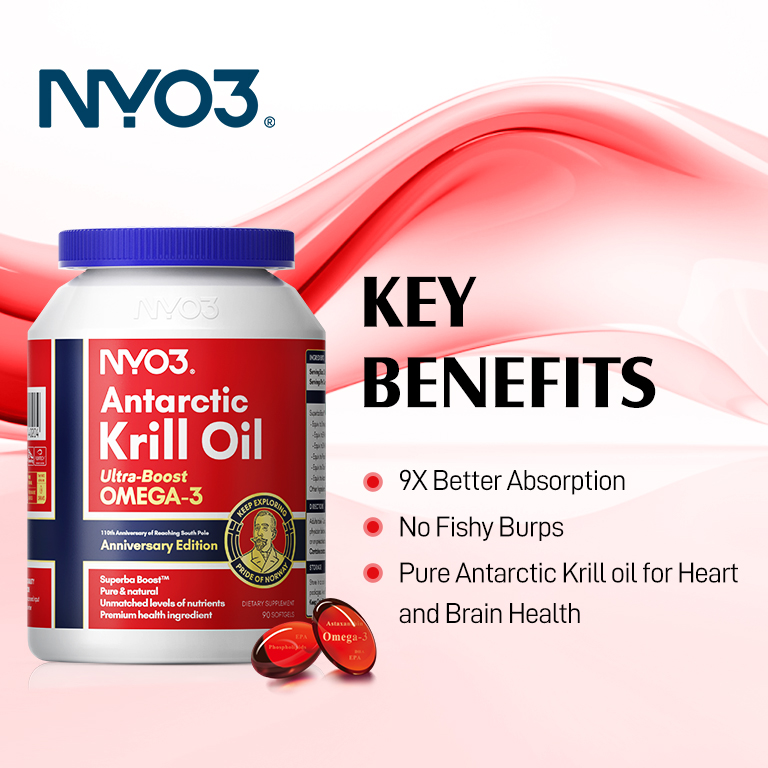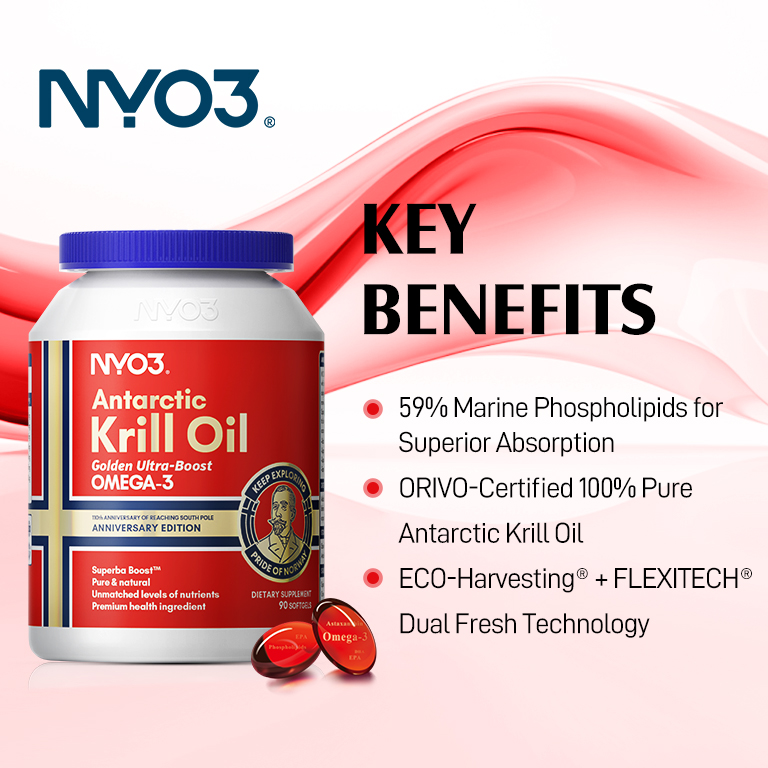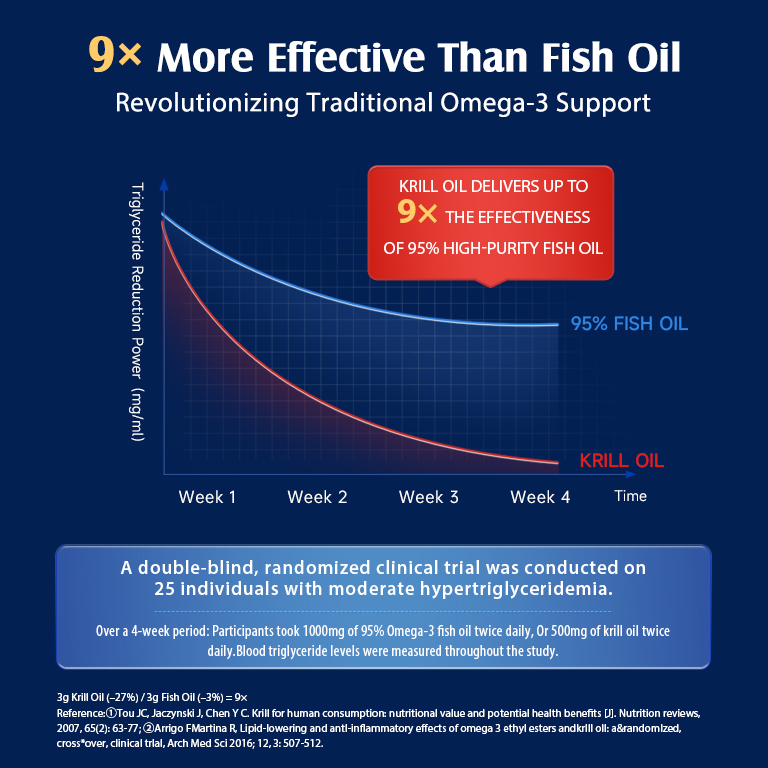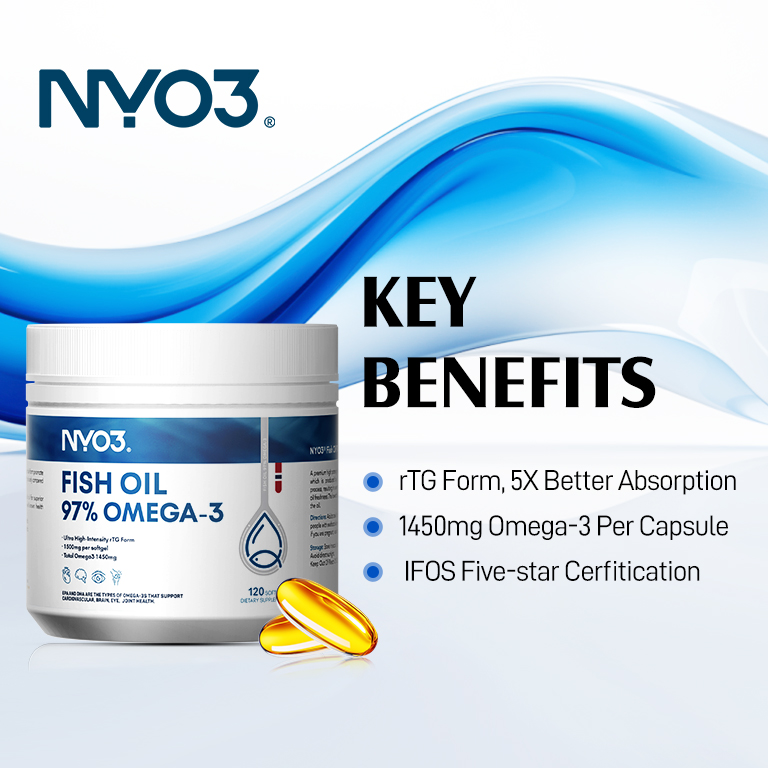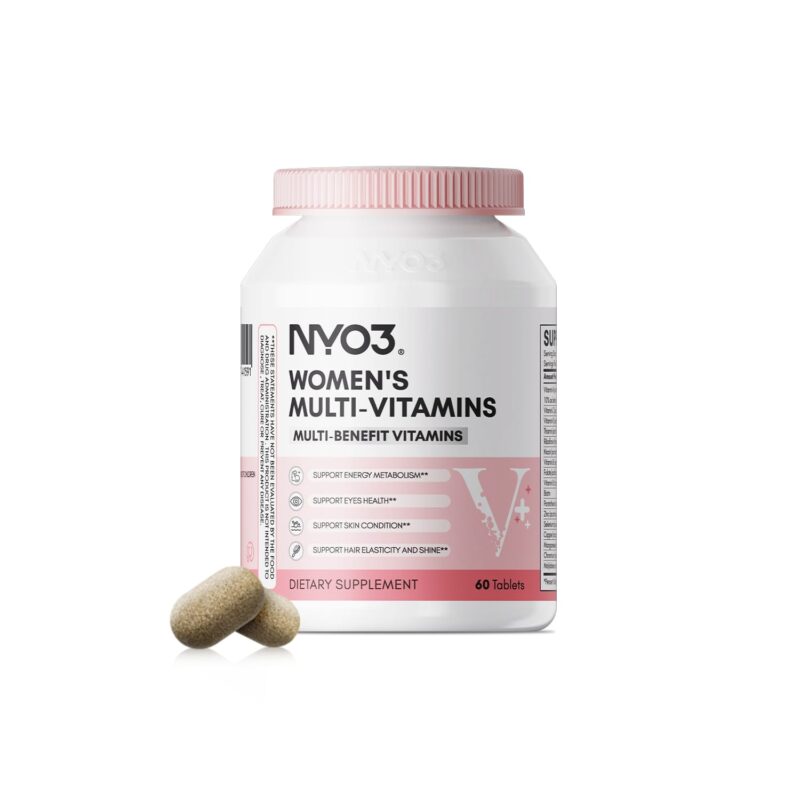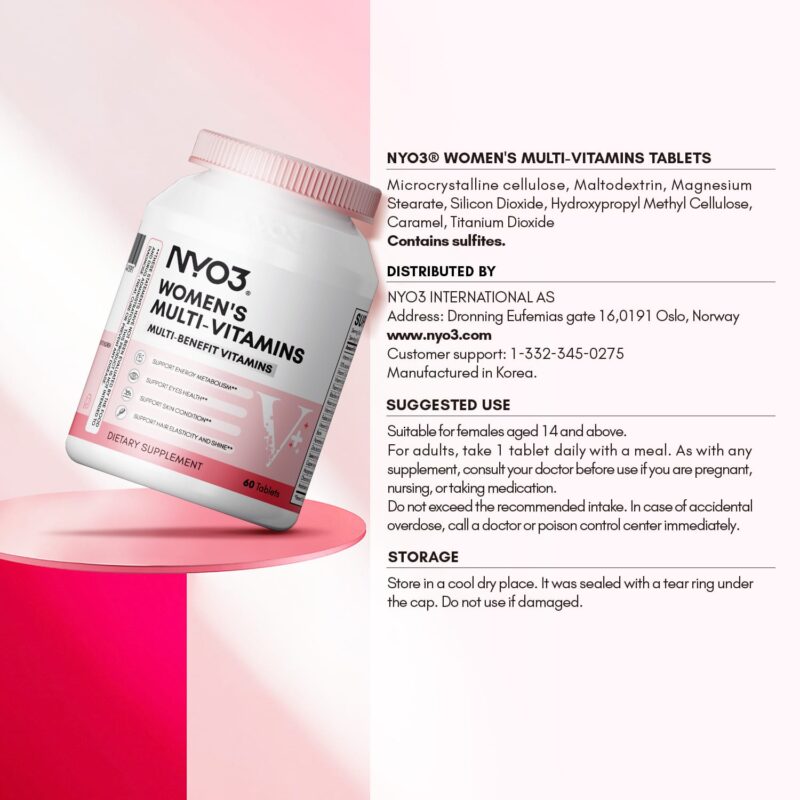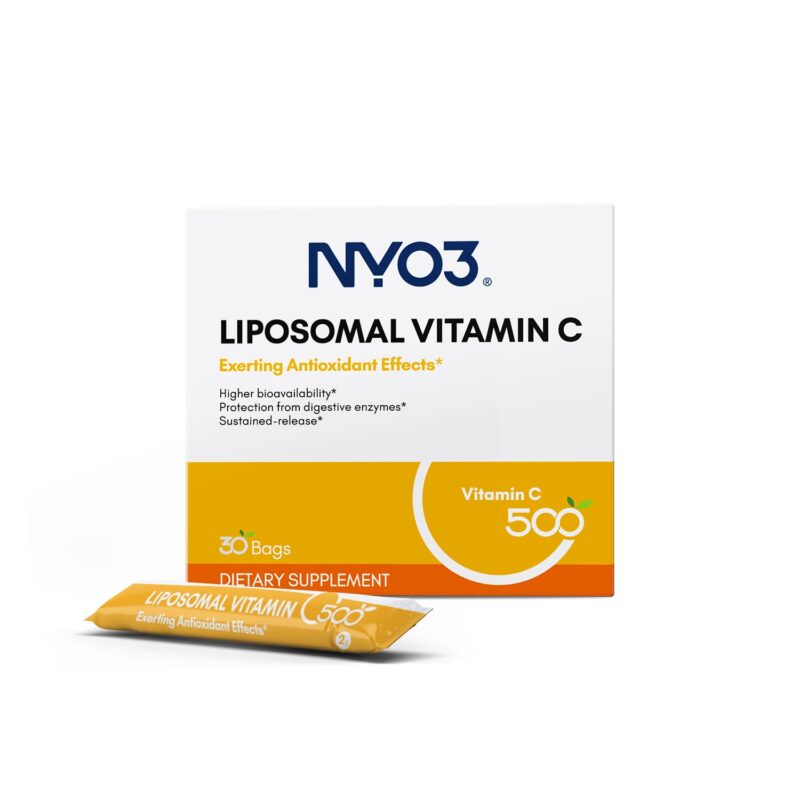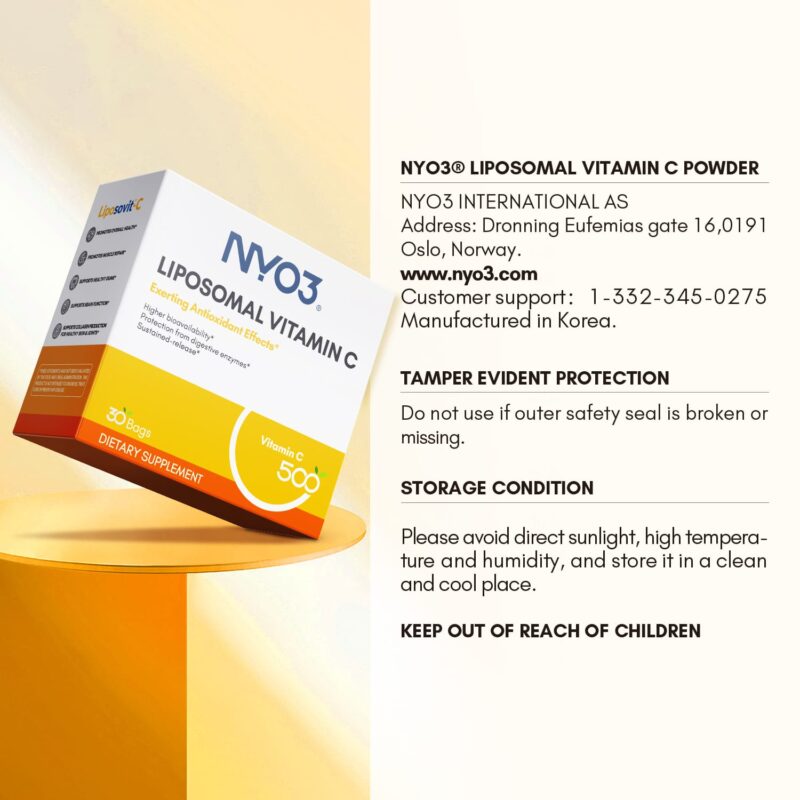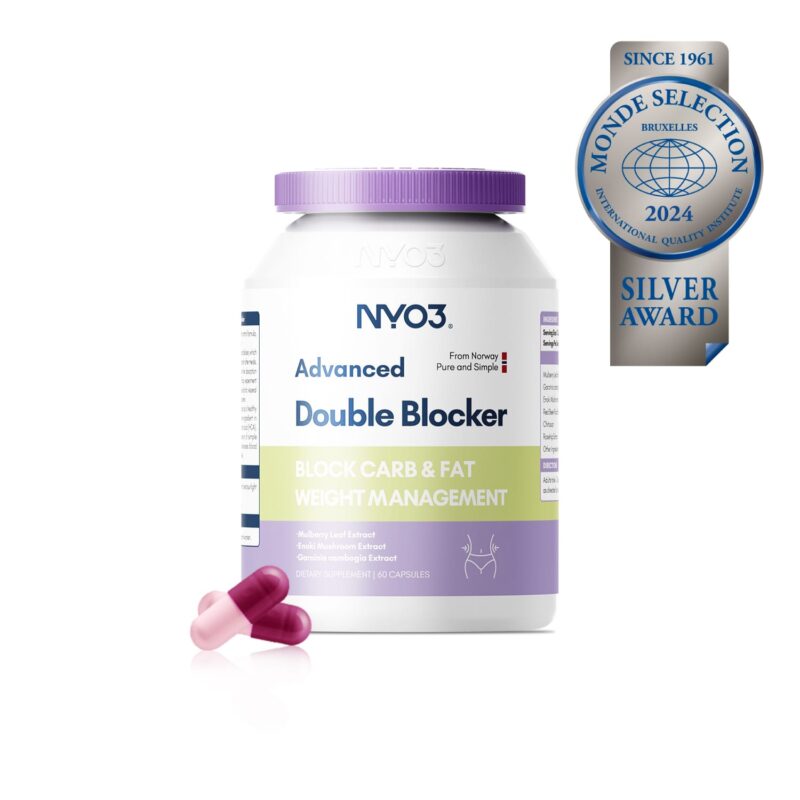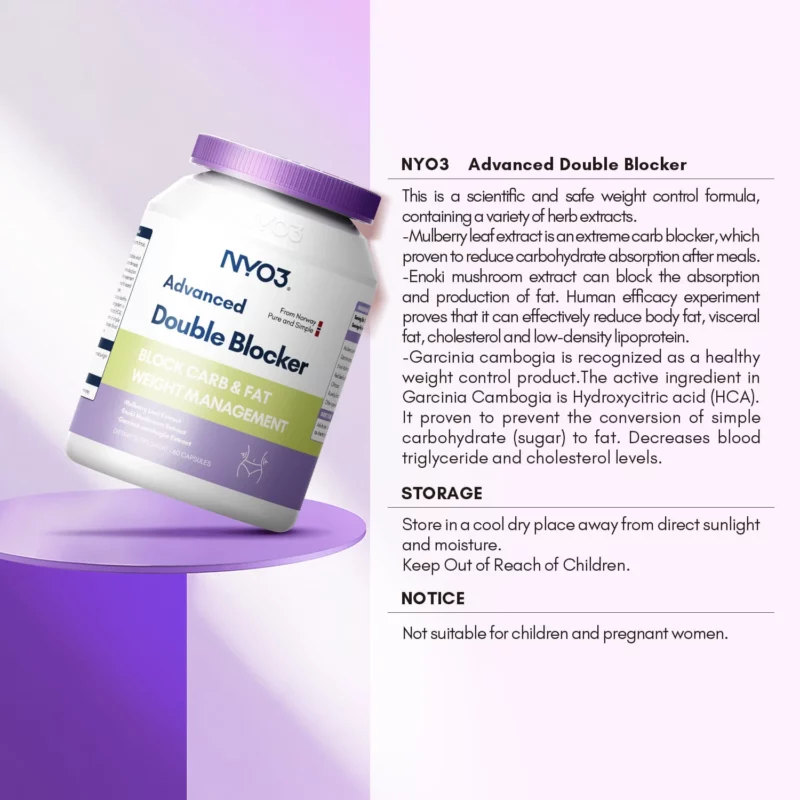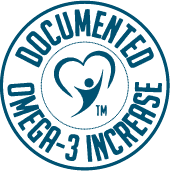14 Science-Backed Omega-3 Fatty Acids Benefits for Women’s Health
Omega-3 fatty acids are vital for good health. These fats play a key role in many body functions. For women, omega-3s offer some special perks.
Omega-3s can help women by boosting heart health, easing menstrual pain, and supporting brain function. These fats may also help with mood and eye health. You can get omega-3s from foods like fish, nuts, and seeds. Some women choose to take supplements too.
Adding more omega-3s to your diet could make a big difference in how you feel. They might help you feel better day-to-day and protect your health long-term. Let’s look at why omega-3s are so good for women and how you can get more of them.
Understanding Omega-3 Fatty Acids

Omega-3 fatty acids are essential fats your body needs but can’t make on its own. You must get them from food or supplements. They play key roles in your health.
There are three main types of omega-3s:
- ALA (alpha-linolenic acid)
- EPA (eicosapentaenoic acid)
- DHA (docosahexaenoic acid)
ALA comes from plant sources like flaxseeds and walnuts. Your body can convert some ALA to EPA and DHA, but not very efficiently.
EPA and DHA are found mainly in fatty fish like salmon, mackerel, and sardines. These
Cardiovascular Health Benefits for Women
Omega-3 fatty acids offer important heart health benefits for women. These healthy fats can help keep your cardiovascular system in good shape.
One key benefit is that omega-3s may help maintain a regular heart rhythm. This can reduce your risk of dangerous arrhythmias.
Omega-3s also work to lower blood pressure. High blood pressure is a major risk factor for heart disease in women, so keeping it under control is crucial.
Another way omega-3s protect your heart is by lowering triglyceride levels. High triglycerides can increase your risk of heart disease.
These fatty acids may also slow down the buildup of plaque in your arteries. This helps keep blood flowing smoothly to your heart.
The recommended daily intake of omega-3s for women is 1,100 mg. You can get this through foods like fatty fish or supplements.
Here are some heart-healthy foods rich in omega-3s:
- Salmon
- Mackerel
- Sardines
- Walnuts
- Flaxseeds
Adding these to your diet can boost your omega-3 intake and support your heart health.
Omega-3s and Women’s Reproductive Health

Omega-3 fatty acids play a key role in women’s reproductive health. These essential fats can boost your fertility and improve your chances of conceiving.
Omega-3s enhance fertility by improving hormone balance, which is crucial for ovulation. They also increase blood flow to the uterus and reduce inflammation in your body.
For women trying to get pregnant, omega-3s can help in several ways:
- Improve egg quality
- Support implantation of the embryo
- Reduce the risk of early miscarriage
During pregnancy, omega-3s continue to be important. They help with the baby’s brain and eye development. Consuming enough omega-3s may also lower your risk of preterm birth and postpartum depression.
Omega-3s can even help with menstrual discomfort. They may reduce menstrual cramps and pain, making your periods more comfortable.
To get these benefits, aim for at least 250 mg of EPA and DHA (types of omega-3s) daily. You can get this from eating fatty fish or taking fish oil supplements.
Cognitive Benefits and Mental Health Support
Omega-3 fatty acids can boost your brain’s health and mood. These healthy fats are found in fish oil and some types of algae.
Omega-3s may improve brain function at all stages of life. They’re important for keeping your mind sharp as you age.
Research suggests omega-3s can help with memory. This is especially true if you have mild cognitive issues. Taking fish oil supplements might give your memory a boost.
Omega-3s may also support mental health. Depression seems less common in places where people eat lots of fish. Scientists think fish oils could help prevent or treat mood problems.
Two key omega-3s for brain health are:
- EPA (eicosapentaenoic acid)
- DHA (docosahexaenoic acid)
DHA is a major part of brain cell membranes. It helps your neurons work well. EPA can reduce inflammation, which may improve brain function.
Omega-3s might protect against chronic conditions that affect the brain. They could lower your risk of issues like Alzheimer’s disease.
To get these benefits, try eating fatty fish twice a week. You can also take fish oil supplements. Talk to your doctor about the right amount for you.
Impact on Bone Density and Osteoporosis
Omega-3 fatty acids may help boost your bone health. Some studies show these healthy fats could improve bone density and lower your risk of osteoporosis.
Research suggests that omega-3s might slow bone loss in older adults. This could be especially important for women, who face a higher risk of osteoporosis after menopause.
Omega-3s seem to work in a few ways:
- Reduce inflammation that can harm bones
- Help your body absorb calcium better
- Boost the activity of bone-building cells
A review of studies looked at how omega-3s affect bone health. While results were mixed, some trials found benefits for bone mineral density.
You can get omega-3s from foods like:
- Fatty fish (salmon, mackerel, sardines)
- Flaxseeds
- Chia seeds
- Walnuts
Adding these foods to your diet might help protect your bones as you age. However, more research is needed to fully understand the effects of omega-3s on bone health.
Effects on Aging and Skin Health

Omega-3 fatty acids can help keep your skin looking youthful and healthy. These nutrients play a key role in maintaining your skin’s natural barrier.
Omega-3s may increase skin hydration. In one study, women who took flaxseed oil daily saw their skin hydration improve by 39% after 12 weeks.
These fatty acids can also protect your skin from sun damage. They help shield against harmful UV rays that can cause premature aging.
Omega-3s have anti-inflammatory properties. This can help calm skin conditions and reduce redness or irritation.
You may notice improvements in your skin’s texture and appearance when you get enough omega-3s. Your skin could feel smoother and look more radiant.
Some signs of aging might be less visible with adequate omega-3 intake. Fine lines and wrinkles may become less noticeable over time.
To get these benefits, try eating fatty fish like salmon twice a week. You can also take fish oil supplements or use omega-3-rich oils in your cooking.
Remember, a balanced diet with plenty of omega-3s can help support healthy aging from the inside out. Your skin will thank you for it!
Reducing the Risk of Autoimmune Diseases
Omega-3 fatty acids show promise in lowering the risk of autoimmune diseases in women. These healthy fats can help calm inflammation and regulate immune function.
Influence on Rheumatoid Arthritis
Omega-3s may help ease joint pain and stiffness in rheumatoid arthritis. Studies suggest they can reduce disease activity and inflammation.
You may need less pain medication when taking omega-3 supplements. Some women report improved morning stiffness and grip strength.
Eating fatty fish like salmon twice a week can boost your omega-3 intake. Fish oil supplements are another option. Aim for 2-4 grams of EPA and DHA combined daily.
Talk to your doctor before starting any new supplement. They can help you find the right dose for your needs.
Modulating Effects on Multiple Sclerosis
Omega-3s may help slow multiple sclerosis (MS) progression in some women. These fats can reduce inflammation in the brain and spinal cord.
Research indicates that omega-3s might lower relapse rates and disability scores in MS patients. They may also improve fatigue and quality of life.
You can get omega-3s from food or supplements. Good sources include:
- Fatty fish (salmon, sardines, mackerel)
- Flaxseeds and chia seeds
- Walnuts
- Algae oil (for vegetarians/vegans)
Aim for at least 1 gram of combined EPA and DHA daily. Work with your doctor to find the right amount for your specific case.
Omega-3s Influence on Breast Cancer Prevention
Omega-3 fatty acids may play a role in breast cancer prevention. Studies have found that women with a higher intake of marine omega-3s like EPA and DHA have a lower risk of breast cancer in some cases.
These beneficial fats are found in fatty fish, fish oil supplements, and some plant sources. Increasing your omega-3 intake could potentially help reduce your breast cancer risk.
The ratio of omega-3 to omega-6 fatty acids in your diet is important. A higher omega-3 to omega-6 ratio is linked to lower breast cancer risk compared to the typical Western diet.
Omega-3s may help prevent breast cancer in several ways:
- Reducing inflammation
- Slowing tumor growth
- Supporting immune function
- Improving cell membrane health
While more research is needed, adding omega-3s to your diet through food or supplements could be a simple way to potentially lower your breast cancer risk. Talk to your doctor about the right omega-3 intake for your health needs.
Weight Management and Metabolic Health

Omega-3 fatty acids may help you manage your weight and improve metabolic health. These healthy fats can enhance fat burning in your body, making it easier to shed excess pounds.
Some studies suggest that taking omega-3 supplements before starting a weight loss program could lead to better results. This “priming” effect may help your body respond more effectively to diet and exercise changes.
Omega-3s can also help regulate appetite hormones. This may make you feel fuller for longer, potentially reducing overall calorie intake.
For women with metabolic syndrome, omega-3s may be especially beneficial. They can help improve risk factors associated with this condition, including:
- High blood pressure
- Elevated blood sugar
- Abnormal cholesterol levels
While omega-3s aren’t a magic solution for weight loss, they can support your efforts. Combining omega-3 intake with a balanced diet and regular exercise may help you achieve your weight management goals more effectively.
Remember, individual results can vary. It’s always best to consult with a healthcare professional before starting any new supplement regimen.
Alleviation of Menstrual Pain and PMS
Omega-3 fatty acids may help ease your menstrual discomfort and PMS symptoms. Studies have shown that omega-3 supplements can improve mood and reduce menstrual pain.
Some research even suggests omega-3s may work better than over-the-counter pain relievers for cramps. A 2022 review of studies looked at over 600 women and found positive effects of omega-3s on PMS.
Here are some key benefits of omega-3s for menstrual issues:
- Reduced pain and cramps
- Improved mood
- Less bloating
- Decreased inflammation
Research has found that fish oil supplements can cut menstrual pain by 22% to 66%. This is a big improvement for many women.
You can get omega-3s from foods like fatty fish, walnuts, and flaxseeds. However, supplements may provide higher doses to help with symptoms.
Talk to your doctor about trying omega-3s for PMS relief. They can advise you on the right dose. Remember that supplements work best alongside a healthy diet and lifestyle.
Balancing Hormones and Mood During Menopause
Omega-3 fatty acids can help ease menopausal symptoms. They may reduce hot flashes and improve mood swings. These benefits can make the transition smoother for many women.
Managing Hot Flashes
Omega-3 supplements can help you deal with hot flashes. These sudden feelings of heat are common during menopause. Fish oil, rich in omega-3s, may lower their frequency and intensity.
Try adding omega-3-rich foods to your diet:
- Fatty fish (salmon, mackerel, sardines)
- Flaxseeds
- Chia seeds
- Walnuts
You can also take fish oil capsules. Aim for 1,000~2,000 mg of EPA and DHA daily. Talk to your doctor about the right dose for you.
Omega-3s work by reducing inflammation in your body. This can help regulate your body temperature. Some women report fewer and less severe hot flashes when taking omega-3s.
Support for Mood Swings
Mood changes are tough during menopause. Omega-3 fatty acids can help balance your hormones. This may improve your mood and emotional well-being.
Omega-3s boost serotonin levels in your brain. Serotonin is a feel-good chemical that affects your mood. Higher levels can lead to:
- Better sleep
- Less anxiety
- Fewer mood swings
You might notice improved mental clarity too. Omega-3s support brain health, which can help with memory and focus.
Consider taking a high-quality fish oil supplement. Look for one with at least 500mg of EPA and DHA combined. Eating fatty fish twice a week can also boost your omega-3 intake.
Frequently Asked Questions
What are the health benefits of omega-3 fatty acids for women’s weight management?
Omega-3s may help with weight management by reducing inflammation and improving insulin sensitivity. This can lead to better metabolism and fat burning. They might also help control appetite, making you feel fuller for longer periods.
How can omega-3 fatty acids improve women’s skin health?
Omega-3s can boost skin vitality by maintaining skin hydration and reducing inflammation. This may result in a clearer, more youthful complexion. These fatty acids also protect against sun damage and may help reduce the appearance of fine lines and wrinkles.
In what ways do omega-3 fatty acids contribute to healthier hair for women?
Omega-3s nourish hair follicles, promoting stronger, shinier hair. They can help reduce scalp inflammation, which may prevent hair loss. Regular intake of omega-3s may also speed up hair growth and improve overall hair texture.
What role do omega-3 fatty acids play in cognitive function for women?
Omega-3s are crucial for brain health. They can improve memory, focus, and overall cognitive performance. These fatty acids may also help protect against age-related cognitive decline and reduce the risk of certain neurological disorders.
Are there any potential side effects for women taking omega-3 supplements?
While generally safe, some women may experience mild side effects like fishy burps or digestive discomfort. High doses might increase bleeding risk. It’s important to consult with your healthcare provider before starting any new supplement regimen.
How does consistent intake of omega-3 fatty acids affect a woman’s overall health?
Regular omega-3 consumption can support heart health by reducing triglycerides and improving cholesterol levels. It may also help lower blood pressure. Omega-3s can reduce inflammation throughout your body, potentially easing joint pain and lowering the risk of chronic diseases.
Conclusion
Omega-3 fatty acids are vital for women’s health. They support heart health, brain function, and skin health. You can gain these benefits by eating fish, nuts, and seeds. But it’s not always easy to get enough from food alone.
That’s why taking an omega-3 supplement can be helpful. NYO3 Omega-3 supplements are a good choice. They provide the omega-3s your body needs in an easy-to-take form. By adding these to your daily routine, you can support your overall health and well-being.

